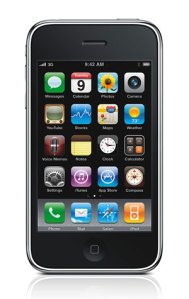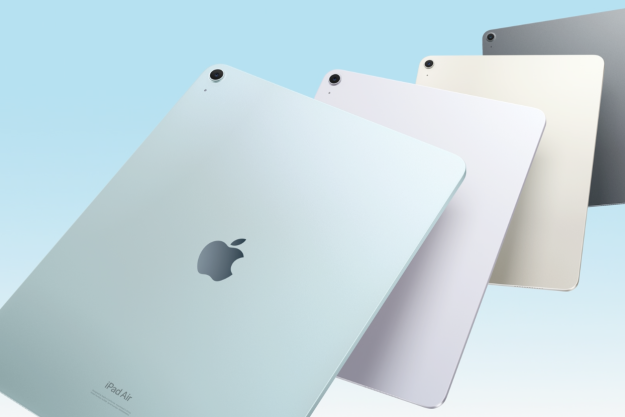 In a slight departure from conventional wisdom (and backed up by countless surveys and studies) that people don’t want to pay for content on the Web, a new research report from Nielsen claims mobile phone owners are willing to pay for apps.
In a slight departure from conventional wisdom (and backed up by countless surveys and studies) that people don’t want to pay for content on the Web, a new research report from Nielsen claims mobile phone owners are willing to pay for apps.
Nielsen announced these findings in a “State of Mobile Apps” report at San Francisco’s AppNation conference. In a survey of 4,000 mobile phone subscribers in August, 59 percent of smartphone users and 9 percent of regular “feature” phones users reported downloading an app within the previous 30 days. Of those surveyed, a significant majority, or 91 percent, say they would pay for a game app, and 86 percent would pay for an entertainment app.
Other app categories showed similar preference, with 84 percent for navigation, 82 percent for productivity, and 76 percent for news apps.
Ironically, it was only March when a Pew report revealed online users would rather get ads than pay for news content.
iPhone owners typically paid for one app for every two free apps downloaded, and 43 percent said they upgraded from a lite or trial version of an app to a full version. This may be due to Apple’s gung-ho approach promoting the App Store. Android and BlackBerry owners downloaded only one paid app for every three and a half free apps. BlackBerry owners were also the least likely to convert from a free version to the full.
Nielsen predicts the majority of mobile subscribers in the US will have smartphones by the end of 2011. Currently, the number is closer to 25 percent.
AppNation organizers believe there will be a million apps available by 2012. There’s quite a way to go, since Apple’s App Store and Google’s Android Marketplace currently have 340,000 apps combined.
The report is so tightly focused on mobile applications that the findings can’t be extrapolated to user preferences for the Web in general. Nielsen did not address pricing when looking at the liklihood of upgrading or buying apps, and we know finding that perfect pricepoint is not easy.
Editors' Recommendations
- The 15 most important smartphones that changed the world forever
- App subscription fatigue is quickly ruining my smartphone
- What is Citizen? The safety app explained
- Underrated smartphone apps you didn’t know you needed


